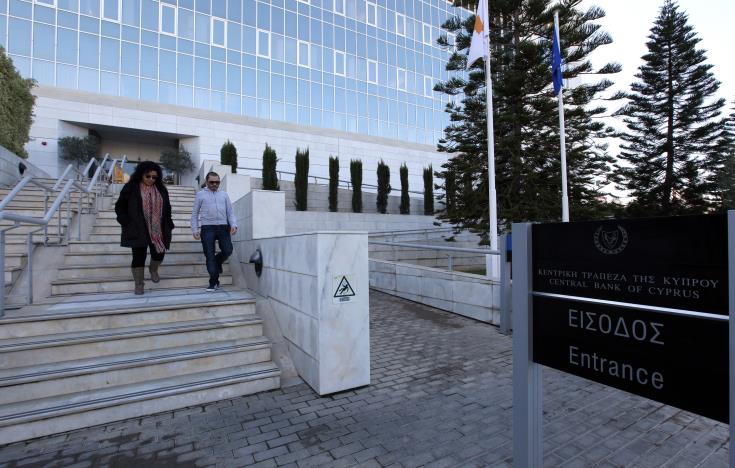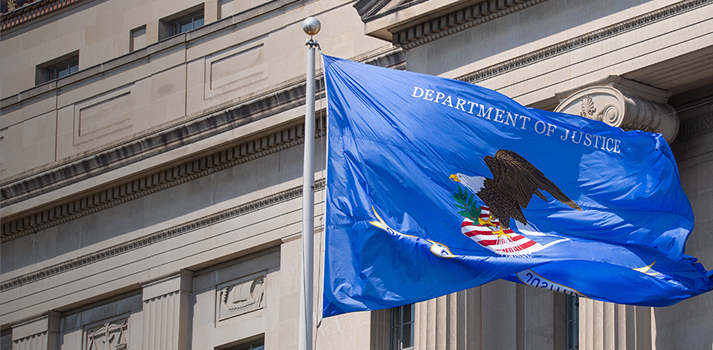Cyprus’ banking system is on high alert after the Russian invasion of Ukraine, and the European Union’s financial sanctions on Moscow mean it must adapt business and investment plans to fend off negative impacts.
The Cyprus Central Bank, as instructed by the European Central Bank (ECB), has urged domestic banks to comply with the EU directive, which provides for a series of sanctions, mainly freezing assets and bonds related to the Central Bank of Russia.
Banking officials are trying to identify those assets while running models to estimate the worst-case scenario.
Cyprus’ systemic banks are going through portfolios to identify any investment ventures related to the Russian Central Bank and Russian oligarchs or possible connection of individuals with these investments.
According to reports, banking institutions have not found any large-scale portfolios investments that are of concern.
News site Stockwatch, citing banking sources, said the task of going through portfolios to identify involvement of the Russian Central Bank or other oligarchs is not an easy one.
The longer clashes persist and sanctions tighten, the tougher the task of Cyprus banks becomes.
Stockwatch was told that Cypriot banks have closed the accounts of Russian oligarchs, included on the lists of sanctions on individuals.
Banks acted upon the recommendations of the EU supervisory authorities and the suggestions of FinCen, the competent Office for Combating Economic Crimes of the US Treasury Department.
The sources said Cyprus banking institutions are no longer dependent on Russian deposits, which radically declined in the years following the 2013 bailout.
They noted that Cypriot banks would have to be more careful in the future when it comes to offering liquidity and investing.
Meanwhile, Finance Minister Constantinos Petrides and Central Bank governor Constantinos Herodotou met on Monday to evaluate the situation following financial sanctions imposed on Russia.
There was an exchange of views on the management of worst-case scenarios due to the uncertainty surrounding the outcome of the Russo-Ukrainian war.
On Sunday night, the President of the European Commission, Ursula von der Leyen, announced a new set of sanctions against Russia, including excluding certain Russian banks from SWIFT, a platform for financial institutions to exchange information about global monetary transactions.
Von der Leyen said the move would disconnect these banks from the international financial system, affecting their ability to operate globally and blocking Russian exports and imports.
The EU has also imposed sanctions on assets held by many Russian banks, oligarchs and politicians, including President Vladimir Putin and Foreign Minister Sergei Lavrov.










